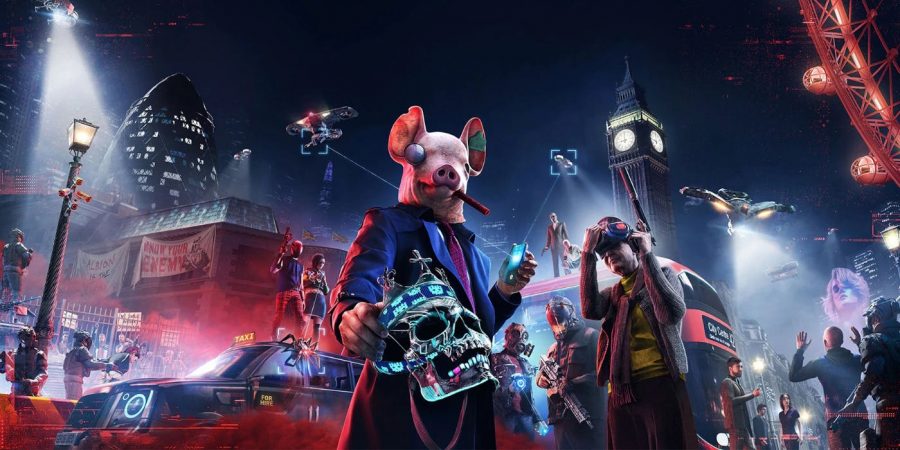Watch Dogs has never known what it wants to be – could the latest instalment finally fix the underwhelming series?
Ubisoft seemingly had their next flagship series back in 2014 with Watch Dogs, but with bland storytelling, a mediocre open world and weird tonal shifts between the previous instalments, the series has never really known what it wanted to be.
The games in the series have never fully realised their promised potential. While the original Watch Dogs was met with generally positive reviews from critics praising the narrative, setting and gameplay, players worldwide viewed the game in a much more negative light, saying that what was shown to them at E3 and in trailers was a complete lie.

Just two years later, the sequel was released and fans and critics alike saw the game to be a step in the right direction, but it didn’t quite grasp something the same way the first one did. Of course, it had its open world design, its stealth/aggressive playstyles and a free form approach to missions, but it lacked the necessity of capitalising on a resistance movement through both game mechanics and a narrative depth.
Hopes for the series have however been raised again at this year’s E3 with the announcement of Watch Dogs: Legion, Set to release on March 6 2020. The new London setting has peaked a lot of interest and fans are expecting it to go one of two ways: the hotly-anticipated “play as anyone” feature Ubisoft keeps throwing in our faces goes amazingly well, or it becomes another cheap video game gimmick that has very little effect on both the gameplay and story.
This is developer Ubisoft Toronto have to nail this time around to get people to really immerse themselves and feel like they are a part of and somewhat running a resistance movement from within the shadows of the seedy underbelly of the London streets.

The Golden Girls need to be kicking trained guards in the shins before tasering them, youthful hackers need to learn the basics of close-quarters combat and previous or current Military Intelligence operatives need to learn the ins and outs of hacking so that players can feel that the game fully realises and utilises this new mechanic to the utmost degree.
What’s more is that each character, cutscenes and consequence will have to be written, voice-acted and implemented in a way that comfortably acknowledges every possible event that took place before the mission is complete, or better yet, failed – whether this be through one of the other DedSec operatives talking about a character’s death or something entirely different.
If Ubisoft can pull this off and follow through with their goal of making this mechanic something more than just a gimmicky feature to market the game, this could be on of the most interconnected and consequential games ever made. It might just save the franchise from becoming another stale and average Ubisoft open-world game.
By Joe Smalley
Feature image credit: Ubisoft Entertainment

